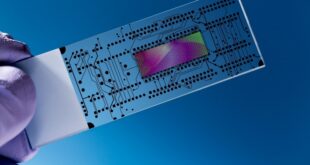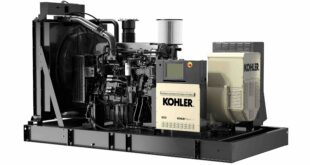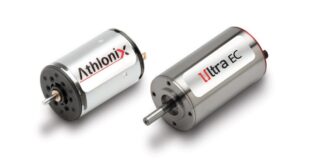UK-based driving simulation company, rFpro, has launched the world’s first commercially available platform to train and develop autonomous vehicles in simulation.
Using a digital environment to accurately represent the real world, the technology enables vehicle manufacturers to test their systems in every scenario imaginable.
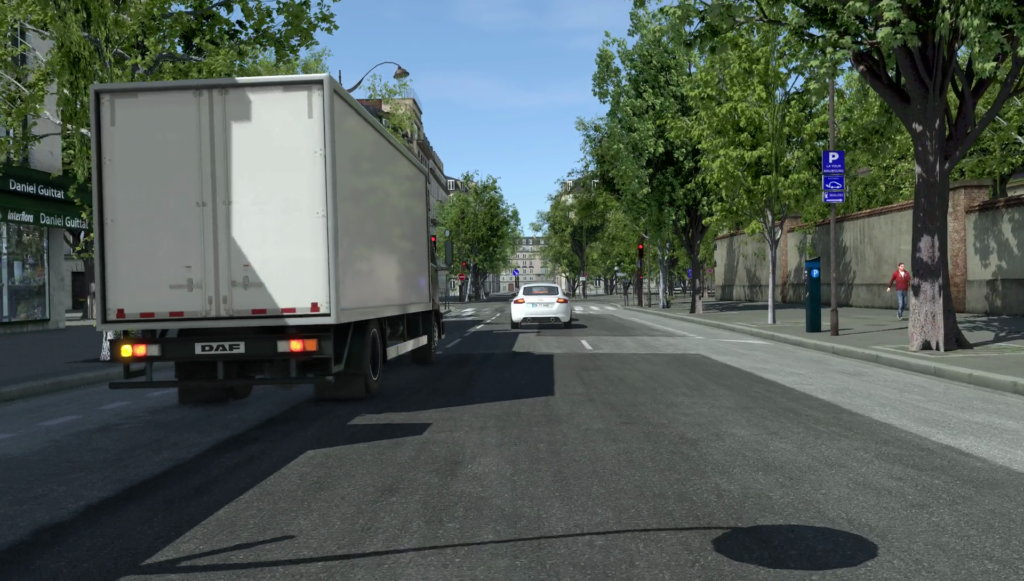
“Autonomous vehicles are the future, the market is expected to be worth up to $10Tn, but debate is rising about whether these vehicles should be allowed on our roads, if not, how do we develop them?” said Chris Hoyle, rFpro technical director. “Our platform enables vehicle manufacturers to thoroughly test their technology and be absolutely confident in their systems before validation on real roads.
“The vehicle hardware, such as the cameras and sensors, are already approaching the level required to achieve a fully autonomous world but it is the ‘brain’, the vehicles ability to make appropriate decisions, that needs to be further developed.”
The key to rFpro’s platform is the level of accuracy achieved replicating the real world in simulation.
This enables the various sensors used for autonomous vehicles to react naturally and therefore test results are completely representative.
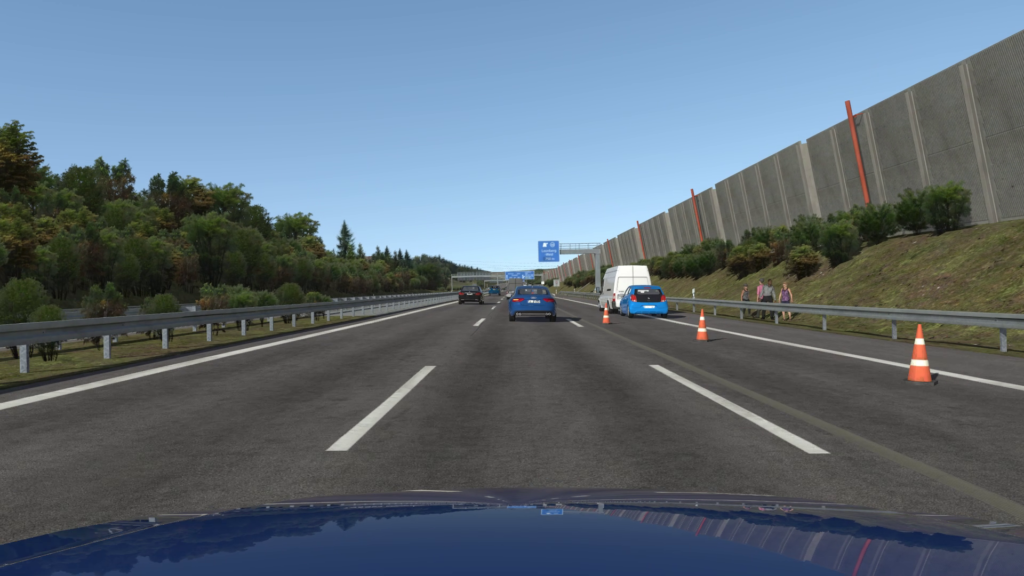
The company has been producing a library of real roads created through highly-precise scanning technology, which forms the basis of the simulation.
As it is a digital platform, users have control of all the variables, such as traffic, pedestrians, weather and location, enabling them to test every eventuality.
“By using multiple computers 24/7, manufacturers can undertake millions of miles of testing every month using our platform,” said Hoyle. “Humans can also be introduced into the simulation, controlling surrounding cars or pedestrians, so we can assess an autonomous vehicle’s decision making and also the interaction between the vehicle and the driver, but most importantly it is carried out in a safe environment.”

The technology has been developed over the past three years and has already been adopted by two major vehicle manufactures and three autonomous car developers. It is also being used by a driver-less motorsport series.
“Autonomous vehicles will revolutionise road safety, much more than ABS (Anti-lock Braking System), AEB (Automatic Emergency Braking) or stability systems have done before it,” said Hoyle. “It has the real potential to create a largely accident-free road network. Allowing autonomous vehicles on to the roads is an essential part of the validation process but our platform enables all of the testing to be carried out in a completely safe environment.
“Further to this, it significantly reduces the cost and time required to develop these complex systems, bringing the vehicles to market sooner.”
rFpro provides driving simulation software, and 3D content, for Deep Learning Autonomous Driving, ADAS and Vehicle Dynamics testing and validation.
rFpro is being used to train, test and validate Deep Learning systems for ADAS and Autonomous applications by OEMs and Tier-1s. When developing systems based on machine learning from sensor feeds, such as camera, LiDAR and radar feeds, the quality of the 3D environment model is very important.
The more accurate the virtual world is the greater the correlation will be when progressing to real-world testing.
rFpro’s HiDef models are built around a graphics engine that includes a physically modelled atmosphere, weather and lighting, as well as physically modelled materials for every object in the scene. 100s of kilometres of public road models are available off-the-shelf, from rFpro, spanning North America, Asia and Europe, including multi-lane highways, urban, rural, mountain routes, all copied faithfully from the real world.
rFpro scales from a desktop workstation to a massively parallel real-time test environment connecting to customers’ autonomous driver models and human test drivers.
 Engineer News Network The ultimate online news and information resource for today’s engineer
Engineer News Network The ultimate online news and information resource for today’s engineer

